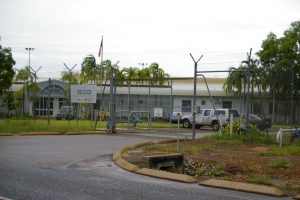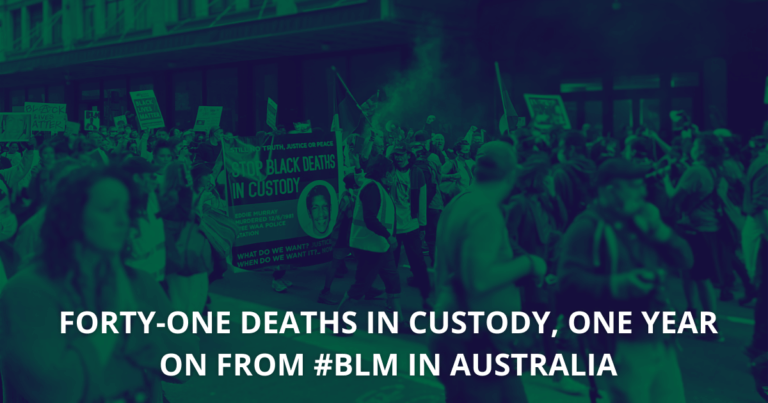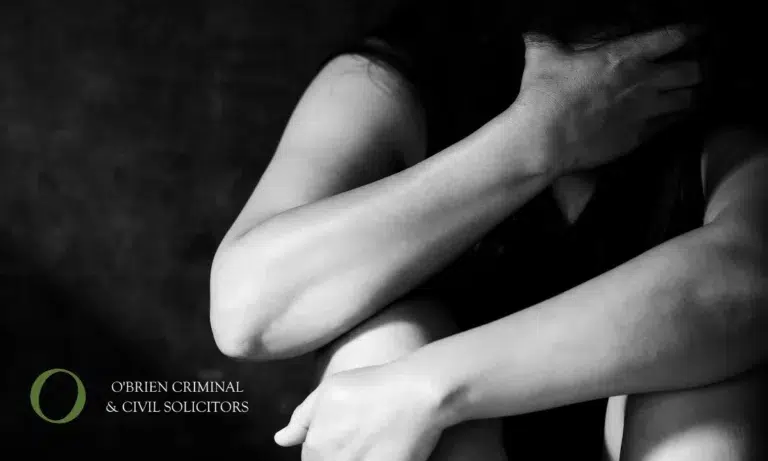
There are several Don Dale-related legal proceedings happening in the Northern Territory, so at times they tend to blend into one another. Each of these proceedings, though, has different legal (and social) significance, so it is worth spending a bit of time to untangle them from each other.
There are three main proceedings:
- the Royal Commission (obviously)
- Jake Roper and Dylan Voller’s civil suit against the Northern Territory;
- and the civil suit of the four other boys who were tear-gassed in Don Dale.
Let me give a bit more detail about each one:
The Four Boys Suing the Northern Territory:
- Four Corners showed footage of six boys being tear-gassed inside the solitary ward of Don Dale Detention Centre. Two of those boys were Dylan Voller and Jake Roper, and those two are jointly suing the NT Corrections. The four remaining boys – whose names the court suppressed – brought a separate joint suit against the Northern Territory in relation to the tear-gassing incident. These four boys are suing for battery and assault.
- This case began its hearings on September 26. A lot of the evidence simply reminds us of the appalling things we already knew: that there was no running water in the tiny cells; that the boys were kept in solitary confinement for 15-17 days before the gassing incident; and that the boys in lock up for 23 hours per day. But the case has also brought to light some new evidence. This ABC article contains some distressing, previously unseen footage of a boy being placed under a spit hood and shackled at the hands and legs. We also now know that the official incident report significantly understated the amount of tear gas that was actually used.
- The other thing to know about this case is that the Northern Territory originally counter-sued two of these boys for damage they caused to Don Dale after breaking out of, and then back into, the detention centre. The Territory government dropped that counter-suit after public outcry.
Dylan Voller and Jake Roper’s Suit against the Northern Territory:
- Dylan and Jake are taking a joint action against the Northern Territory in relation to the tear-gassing incident, with a few differences to the above case. They are suing for battery, assault, and also false imprisonment. For those with an interest in using the law for social good, this case could be very interesting in asking questions of legality around the use of solitary confinement within prisons.
- One unique factual element of the Voller/Rope case is Roper’s age. Roper was just 14 when the incident occurred. Following the tear-gassing, the on-call magistrate gave permission for five boys to transfer to the adult prison for holding. That night, all six boys transferred to the Darwin Correctional Centre. This was an obvious breach of the Youth Justice Act, which absolutely prohibits sending people below the age of 15 to an adult prison. The morning after the transfer the error was discovered, and Roper moved out of the adult facility. (All of this information is in the Children’s Commissioner’s August 2015 report).
- The start date for the Voller/Roper suit has not yet been listed (we’ll post an update when the case is listed).
Royal Commission:
The Royal Commission will examine the Don Dale tear-gassing incident. However, that will only play a small part in the proceedings. The reason why the Royal Commission came into being was because there is reason to believe that the abuse within Don Dale is merely the outward result of a failing system of juvenile justice. The terms of reference authorise the Royal Commission to inquire into:
- the treatment of detainees,
- the culture and management of prisons,
- the NT government’s role in permitting the abuse to continue,
- the medical services available to kids in detention
- and possible deficiencies in the NT’s child protection system.
That’s a lot to look into. We sincerely hope that the commission has enough time to make a thorough investigation, but questions have been raised about the six-month time frame.
The end game
At the end of this inquiry, the two Royal Commissioners – Margaret White and Mick Gooda – are “to make any recommendations arising out of your inquiry that you consider appropriate”. That’s a deceptively simple statement of an immensely complex task. Without a doubt it is the most difficult task the commissioners will face. When it comes to recommendations, there will always be a gap between what is best and what is achievable. White and Gooda will want to avoid falling into this gap, and it has previously been said that Mick Gooda “shares the community’s fatigue with reports that achieve no change”.
If you or someone that you know has suffered an injustice in the Northern Territory, then contact us. Our lawyers are expert in getting compensation for unlawful acts by authorities.





